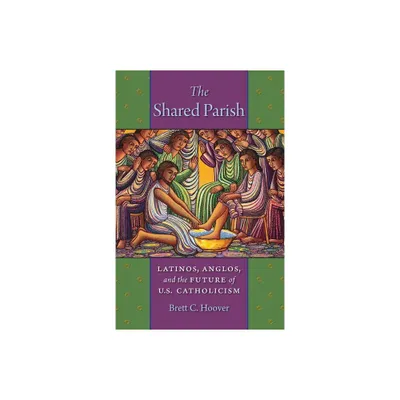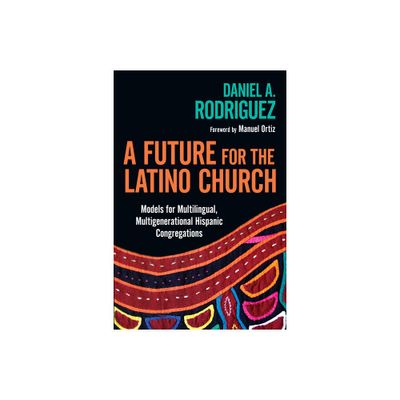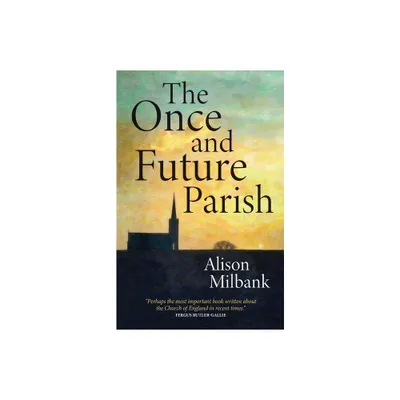Home
the Shared Parish: Latinos, Anglos, and Future of U.S. Catholicism
Loading Inventory...
Barnes and Noble
the Shared Parish: Latinos, Anglos, and Future of U.S. Catholicism
Current price: $50.00


Barnes and Noble
the Shared Parish: Latinos, Anglos, and Future of U.S. Catholicism
Current price: $50.00
Loading Inventory...
Size: Hardcover
*Product Information may vary - to confirm product availability, pricing, and additional information please contact Barnes and Noble
As faith communities in the United States grow increasingly more diverse, many churches are turning to the shared parish, a single church facility shared by distinct cultural groups who retain their own worship and ministries.
The fastest growing and most common of these are Catholic parishes shared by
Latinos and white Catholics. Shared parishes remain one of the few institutions in American society that allows cultural groups to maintain their own language and customs while still engaging in regular intercultural negotiations over the shared space.
This book explores the shared parish through an in-depth ethnographic study of a
Roman Catholic parish in a small Midwestern city demographically transformed by
Mexican immigration in recent decades. Through its depiction of shared parish life, the book argues for new ways of imagining the U.S. Catholic parish as an organization. The parish, argues Brett C. Hoover, must be conceived as both a congregation and part of a centralized system, and as one piece in a complex social ecology. The Shared Parish also posits that the search for identity and adequate intercultural practice in such parishes might call for new approaches to cultural diversity in U.S. society, beyond assimilation or multiculturalism. We must imagine a religious organization that accommodates both the need for safe space within distinct groups and for social networks that connect these groups as they struggle to respectfully co-exist.
The fastest growing and most common of these are Catholic parishes shared by
Latinos and white Catholics. Shared parishes remain one of the few institutions in American society that allows cultural groups to maintain their own language and customs while still engaging in regular intercultural negotiations over the shared space.
This book explores the shared parish through an in-depth ethnographic study of a
Roman Catholic parish in a small Midwestern city demographically transformed by
Mexican immigration in recent decades. Through its depiction of shared parish life, the book argues for new ways of imagining the U.S. Catholic parish as an organization. The parish, argues Brett C. Hoover, must be conceived as both a congregation and part of a centralized system, and as one piece in a complex social ecology. The Shared Parish also posits that the search for identity and adequate intercultural practice in such parishes might call for new approaches to cultural diversity in U.S. society, beyond assimilation or multiculturalism. We must imagine a religious organization that accommodates both the need for safe space within distinct groups and for social networks that connect these groups as they struggle to respectfully co-exist.


















